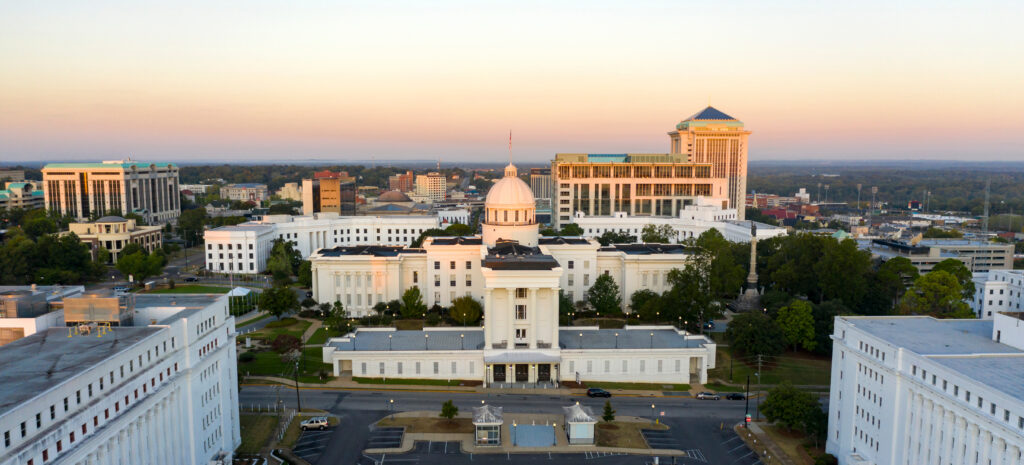Alabama opens much-anticipated universal school choice applications
Anticipation has been building as applications have now opened for Alabama’s first-ever school choice scholarship program.
On Thursday, Alabama families could begin submitting applications for…

Anticipation has been building as applications have now opened for Alabama’s first-ever school choice scholarship program.
On Thursday, Alabama families could begin submitting applications for the CHOOSE (Creating Hope and Opportunity for Our Students’ Education) school choice program.
Eligible families will receive education savings accounts (ESAs) of $7,000 per student attending an approved private school. Homeschool families can also receive up to $4,000.
A family’s income cannot exceed 300% of the federal poverty level to be eligible – which is $93,600 for a family of four. However, there will be no income limitations starting in 2027.
The Alabama Legislature passed the CHOOSE program last spring with the full-throated support of Gov. Kay Ivey.
“Passing an education savings account bill that works for families and for Alabama is my number one legislative priority,” Ivey said in February. “My goal is to put us on a trajectory to make our program fully universal, while also maintaining our full and total support for public education.”
Alabama was the 11th state in the nation to do so, with its neighbors Georgia and Louisiana also passing universal programs in 2024.
Supporters argue education reform is desperately needed in the Yellowhammer State, as students continue to struggle in basic subjects. According to the state’s most recent report card, average reading and math scores among public-school students are 53% and 31%, respectively.
Scores start off strong in 4th grade (58% and 35), worsen in 8th grade (51% and 22%) and plummet by the end of high school (28% and 23%).
State Superintendent Eric Mackey felt the scores were an overall improvement from pandemic-era learning loss, but noticed neglect in math.
“I feel really good about that because for a long time I was pretty worried about where we were going to go, post-COVID. It is still not all done,” Mackey told local media. “But for the most part, when we look at it in general, we are definitely moving in the right direction.
“We were so focused on reading that we kind of plateaued on math. Not really so much going back, but definitely plateauing.”
Compilations of research on education choice show such programs generally improve participating students’ test scores, public school test scores and parent satisfaction, and are cost-effective.
Other studies even suggest school choice creates secondary social benefits such as lower crime rates, fewer teen pregnancies and better mental health.
CHOOSE applications for 2025-26 school year will close on April 7.



